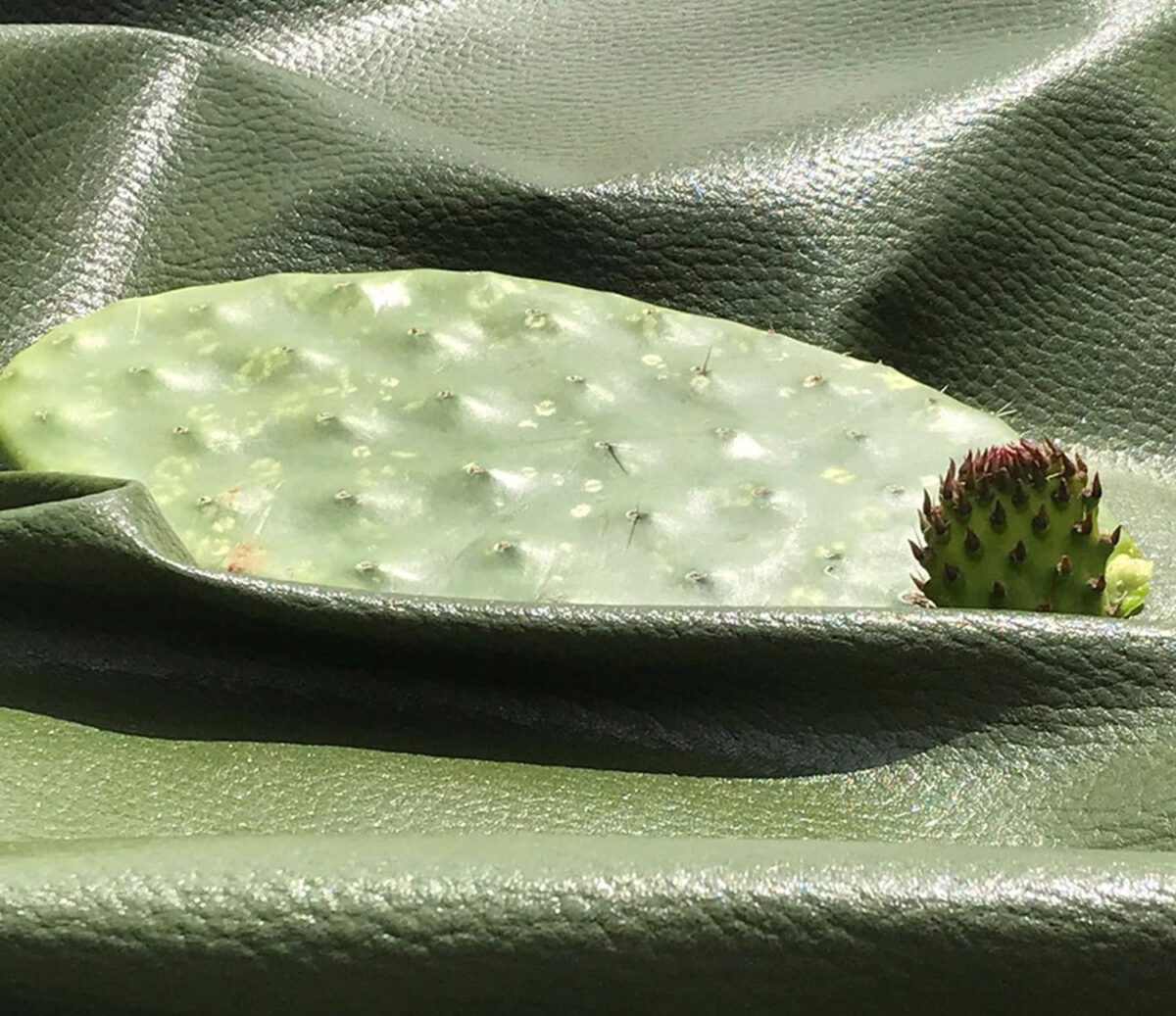Eco-Friendly Elegance: Leather in Automotive Design

On the journey towards sustainability, car manufacturers have faced a significant challenge in reducing the carbon footprint associated with the use of animal leather in vehicle upholstery and interiors. Some have chosen to rigorously trace the supply chain of animal leather, while others have partnered with innovative emerging companies. A few have embarked on designing their own leather using recycled materials.
From The Desert to the Vehicle’s Interior
Desserto is a Mexican company that emerges as a vegan alternative to animal leather. In the automotive sector, it has collaborated with prestigious brands such as BMW and Mercedes. The product is known as Desserttex, a sustainable cactus-based biomaterial made from cactus. However, the company acknowledges on its main page that it is not a 100% bio-based material and also includes recycled materials such as cotton, polyester, and nylon. The website also mentions that the materials can be recycled chemically or mechanically.
You can read: Kia Using Innovative, Sustainable Materials in its Latest Vehicle Interiors
Car Manufacturers Aspire to Contribute to Material Development Initiatives
On the other hand, VOLVO has designed a new material called “Nordico,” which they claim reduces the carbon footprint in all their electric vehicles. This material is based on a blend of recycled PET bottles, biomaterials, bio-attributed material from sustainable forests in Sweden and Finland, and corks recycled from the wine industry. It could decrease its carbon footprint by up to 74% compared to animal leather and reduce the vehicle’s weight by 3 to 6 kilograms.
Biomaterials Reshaping Vehicle Interior Designs
We will need to adopt a cautious approach to monitor the emergence of these biobased materials, focusing on lifecycle and recyclability. However, is clear that the leather industry in the automotive sector is shifting towards natural fibers and recycled materials in pursuit of sustainability.
